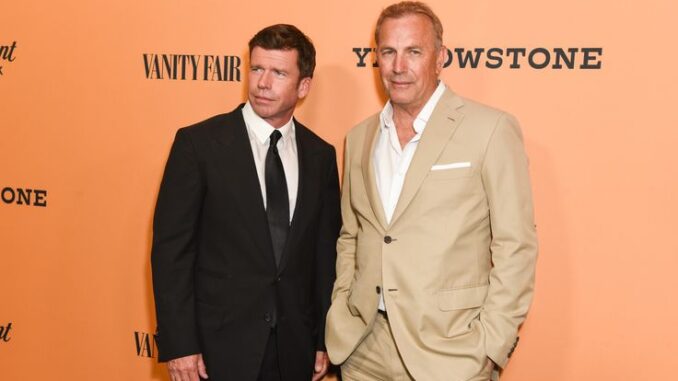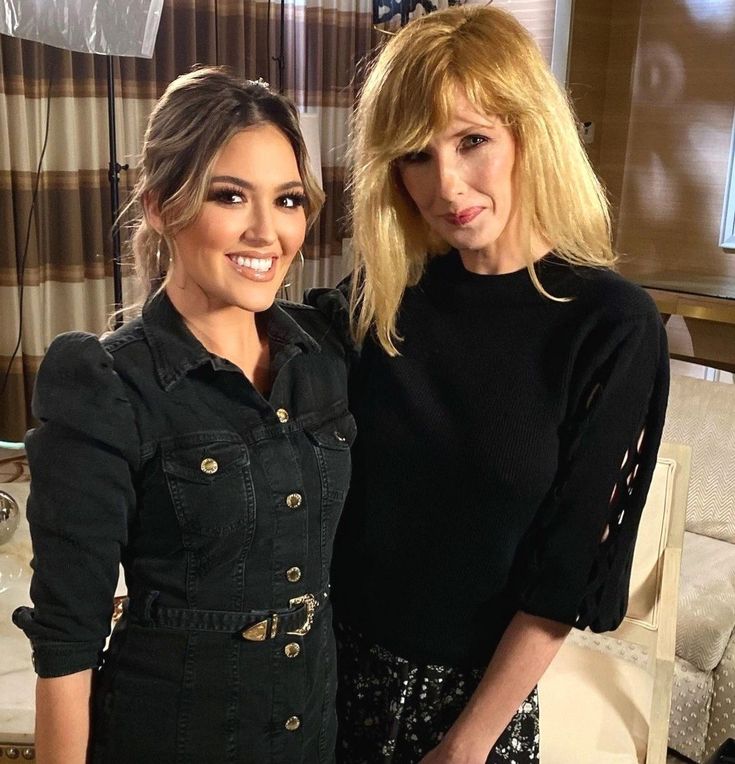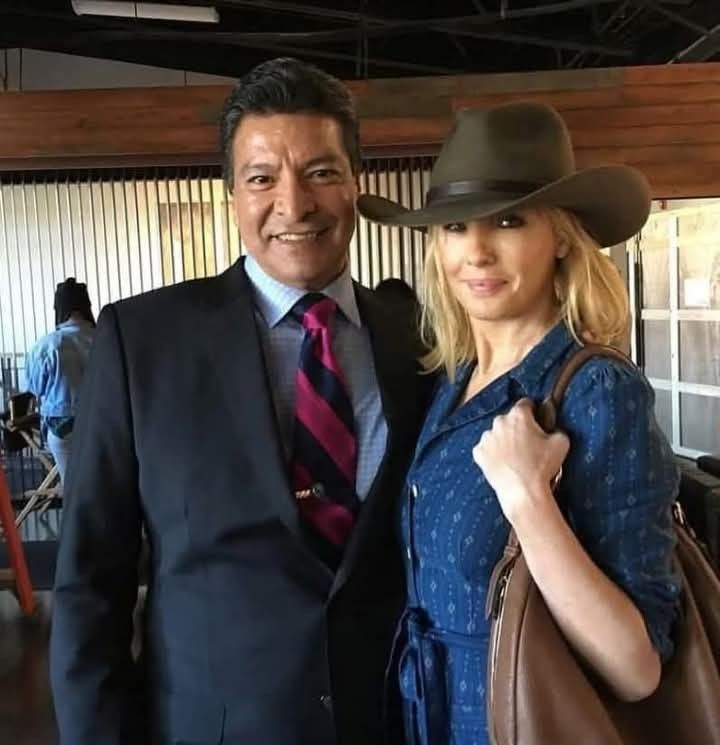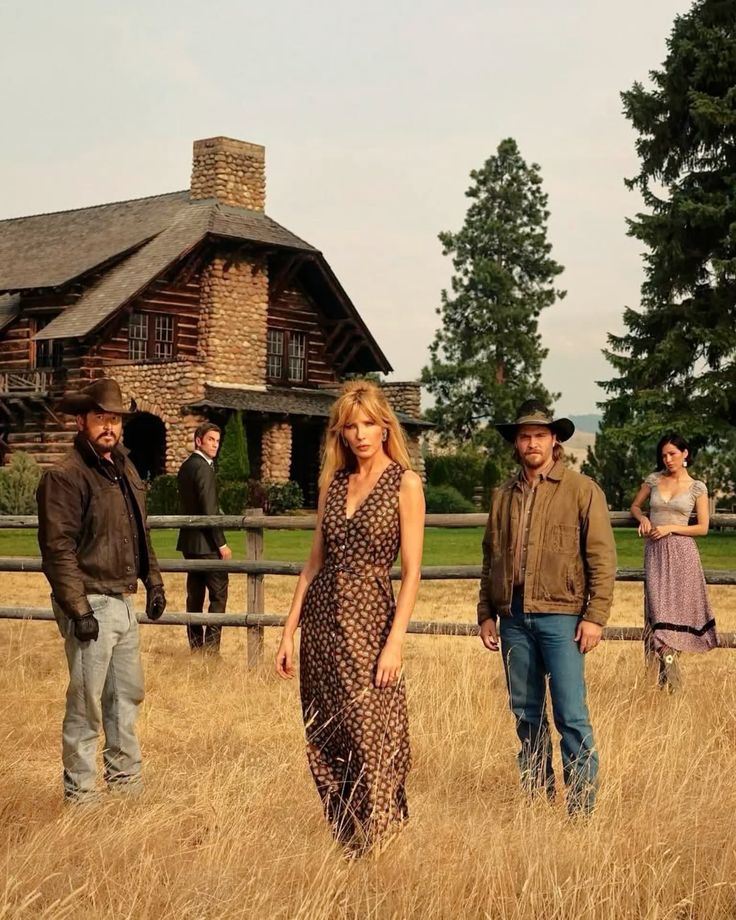
The Yellowstone Empire: Bigger Than One Man
Let’s face it—when Yellowstone first hit our screens, Kevin Costner was the undeniable magnet. A Hollywood legend leading a gritty neo-Western? That was a recipe for success. But as time went on, something unexpected happened.
The world of Yellowstone grew beyond John Dutton. It evolved into an empire—rich, layered, and full of magnetic characters that proved the show was never a one-man show. And now, with spinoffs like 1883 and 1923 dominating ratings, it’s clearer than ever: Yellowstone could’ve been just fine without Costner.
Let’s dive into why.

The Original Game Plan: More Than Just One Star
You might not know this, but Taylor Sheridan—the mastermind behind the Yellowstone universe—never planned to center the whole thing around Costner. In fact, the goal was to build a Western dynasty filled with legacy, power struggles, and generational storytelling. John Dutton was just a piece of that much bigger puzzle.
So, what happened?
Costner’s involvement made waves early on, yes. But the blueprint was always there for something much larger. The spinoffs just proved it.
The Rise of the Spinoffs: 1883 and 1923 Take Center Stage
When 1883 dropped, fans weren’t sure what to expect. No Costner. No Dutton ranch. Just a dusty trail, a young Dutton ancestor, and a gut-punch of a storyline. But guess what? People loved it.
Then came 1923—with Helen Mirren and Harrison Ford leading the charge. Another home run. These prequels weren’t just side stories; they were foundational. They added weight and soul to the Yellowstone mythos.
Costner wasn’t missed because the storytelling was that strong.
The Secret Sauce: Sheridan’s Worldbuilding Masterclass
Let’s give credit where it’s due. Taylor Sheridan has done what few showrunners can—create a living, breathing world that feels real. From the wilds of Montana to the grit of the American frontier, his settings feel like characters themselves.
And when your world is this immersive, it doesn’t need a single actor to hold it together.
The Ensemble Cast: Stronger Than Ever
Sure, Kevin Costner was the headliner. But look at the rest of the cast:
-
Kelly Reilly as the fierce and complicated Beth Dutton
-
Cole Hauser as Rip Wheeler, a fan favorite
-
Luke Grimes bringing depth to Kayce Dutton
-
Wes Bentley as the tormented Jamie
These characters carried the show just as much—if not more—as John Dutton did.
Viewers Fell for the Dutton Legacy, Not Just the Patriarch
It’s not just about one cowboy running a ranch. It’s about power, land, legacy, and sacrifice. That’s what keeps viewers coming back—not just Costner’s gravelly voice and cowboy hat.
The Dutton family saga resonates because it mirrors real struggles: holding onto something you love, fighting change, and trying to protect your legacy in a world that’s constantly evolving.
Spinoffs Filled in the Gaps—and Opened New Doors
With each spinoff, we get a richer understanding of the Duttons. 1883 gave us the origin story. 1923 added historical grit. And rumors of more spinoffs are already swirling.
These stories added depth in a way Costner never could on his own.
The Costner Conundrum: Why the Drama Didn’t Hurt the Brand
When news broke of Costner’s scheduling issues and eventual exit, many thought Yellowstone would crash and burn. But it didn’t. If anything, it proved that the brand is bigger than the actor.
In fact, viewership stayed strong. Fans were hooked not just on John Dutton but on the universe Sheridan created.
The Power of Strong Writing and Vision
A show doesn’t become a cultural phenomenon by accident. It takes razor-sharp writing, complex characters, and compelling conflict. Sheridan nailed all three.
You could plug in a dozen different actors and still keep the heart of Yellowstone alive. Why? Because it’s about story, not stardom.
Fan Engagement: The Real Engine Behind the Success

Scroll through Reddit or TikTok and you’ll see it: fan theories, character deep dives, spinoff wishlists. This kind of obsession doesn’t come from just one actor—it comes from a universe that fans want to live in.
That’s powerful. And it’s rare.
What Makes Yellowstone Work Without Costner?
-
Strong character development
-
Immersive, evolving plotlines
-
Emotional weight in every episode
-
Iconic scenery and aesthetic
-
Universal themes: power, family, sacrifice
In short, everything but one actor.
The Spinoffs Aren’t Just Add-Ons—They’re Core to the Story
Let’s be clear: 1883 and 1923 aren’t filler. They’re integral chapters in the Dutton family legacy. Watching them makes the original series richer. And more importantly, they stand alone as top-tier TV.
If that doesn’t scream staying power, what does?
Will Yellowstone’s Future Still Be Bright Without Costner?
Absolutely. In fact, it might shine even brighter. New spinoffs, new characters, and new timelines mean limitless storytelling potential.
And let’s be real: Sheridan isn’t slowing down. He’s already hinted at what’s coming next—and fans are already onboard.
So, Could Yellowstone Have Worked Without Kevin Costner?

Not only could it have worked—it’s already proven that it does.
Costner helped launch the brand, no doubt. But the real stars? The writing, the world, and the Dutton legacy itself.
Conclusion: Yellowstone Is Bigger Than Its Star
At the end of the day, Yellowstone is a cultural juggernaut because it taps into something deeper than just one actor’s performance. It’s about legacy. It’s about struggle. It’s about America itself.
Kevin Costner played a role—but he was never the whole show.
And thanks to the spinoffs and the brilliant minds behind them, this universe has legs for decades to come.
